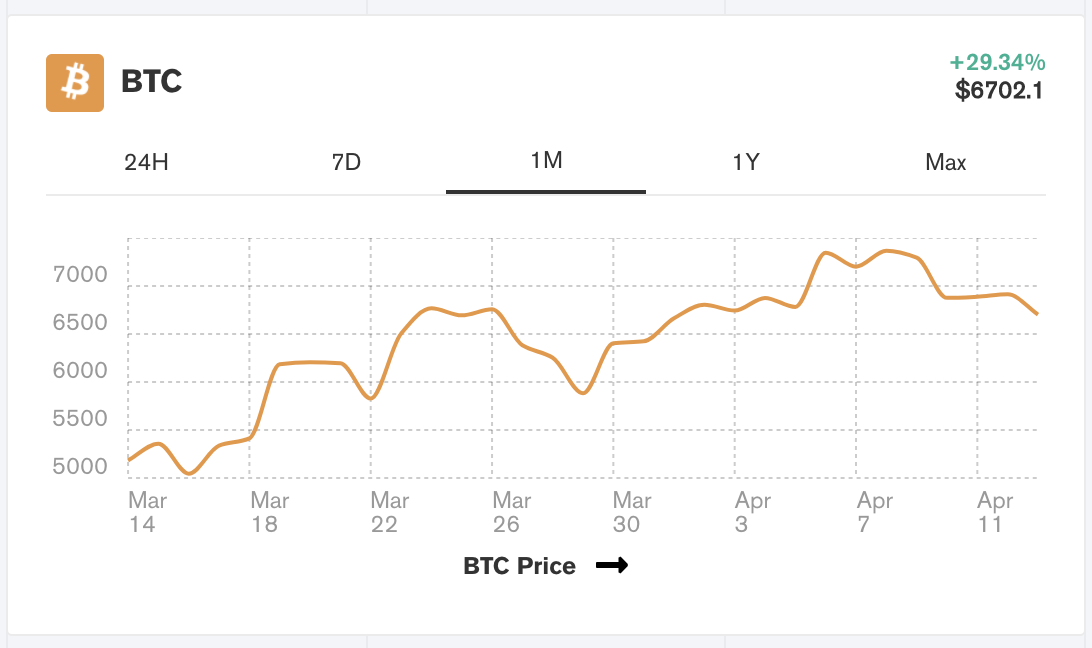Chainalysis: Coronavirus is destroying the two largest crypto scams
Original title: Coronavirus is crushing the two biggest crypto scams, says Chainalysis
Author: Amy Castor
Translator: Typto
Translation agency: DAOSquare
- Babbitt Column | MLM in currency circle, money recovery or return for buyers?
- Zou Chuanwei: Large-scale collaboration between machines is not a fantasy, it requires blockchain to introduce market mechanisms
- The secret history of bitcoin: exchanges where 120,000 bitcoins have been stolen can still survive to this day
Since the beginning of March, the profits of Ponzi schemes and investment schemes have fallen by 33%.

According to the analysis of CHAINALYSIS data, coronavirus has negatively affected the two biggest secret scams
Picture from: SHUTTERSTOCK
Overview
- Most of the income of crypto scammers comes from Ponzi schemes and investment scams.
- But since the COVID-19 crisis broke out, they have been suffering.
- This is because their strategy cannot adapt to the volatility of BTC prices.
Undeniably, the new crown virus has created some new opportunities for crypto scammers. But when it comes to the two most profitable industries, the Ponzi scheme and the investment scheme, the new crown is stifling their business.
The news came from a report released by Chainalysis on Friday. According to data from the blockchain analysis company, since the new crown virus began to sweep the Western world in early March, the average amount of money obtained from such scams has fallen by 33% each week, from $ 4.2 million to less than $ 2.9 million.
 https://decrypt.co/19067/chainalysis-launches-aml-solution-for-tether
https://decrypt.co/19067/chainalysis-launches-aml-solution-for-tether
These numbers seem to contradict some previous reports that suggest that COVID-19 has opened the door for scammers, but if crypto fraudsters have so many new opportunities, why do they make less money?
According to Chainalysis, this popular virus mainly creates opportunities for e-mail scams (such as phishing scams and extortion scams), and these scams do not require a lot of startup capital costs.
In these scams, scammers use epidemics to fabricate new stories, trying to trick people into sending them money. In one case, a fraudster asked the victim to donate cryptocurrency to help the disease control center fight the epidemic. Another case was a fraudster who claimed to have the disease. He threatened that unless the other party gave him Bitcoin, he would spread the disease to the other family. But obviously, people are not fooled.
The Chainalysis Research Institute said: "This is a terrible development in times of crisis, but in our investigation, there were few digital currency remittances around the Covid-19 scam, which shows that these scams have not been very successful."
Even during the outbreak, the most profitable crypto scams were still investment scams and Ponzi schemes, not blackmail and phishing scams in the name of coronaviruses. The researchers said that these two sub-categories accounted for the vast majority of all crypto fraud (95%).
Why did their profits fall instead? According to the report, because usually, fraudsters will ask the victims to provide the same, fixed amount (such as 0.2 BTC) in all their activities. However, the price of Bitcoin fell off the cliff last month. According to the data of Coinmarketcap, from 8500 US dollars in early March to 6500 US dollars at the end of this month.

"We think that scammers still get the same amount of digital currency from roughly the same number of victims every month, but because of the decline in cryptocurrency prices, their value becomes lower and lower.", Chainalysis said, " On the other hand, since the financial crisis intensified in early March, the value of the local currency received by most fraud cases every day is still equal or even higher. "
So why blame the coronavirus? Because in uncertain times, investors usually do this. They withdraw funds from turbulent assets (digital currency) and transfer them to legal assets, which causes the price of digital currency to fall. Facts have proved that scammers are suffering like others.
We will continue to update Blocking; if you have any questions or suggestions, please contact us!
Was this article helpful?
93 out of 132 found this helpful
Related articles
- The number of BTC in the lightning network hit a new high of 9 months, and the throughput is faster than Alipay. Will it completely solve the bull market congestion?
- Blockchain Industry Weekly Report | When production cuts come, opportunities or challenges?
- Viewpoint: Google search volume for "halving bitcoin" has soared this year. Maybe nothing will happen after the halving?
- Coinbase: DeFi ’s high interest rate will be compressed, and the stabilizing currency bridge function will be more efficient, making DeFi mainstream
- Arbitrage in a plunge: Coinbase discovered these 3 unusual methods
- Babbitt column | Why advise ordinary people not to make contracts?
- Mu Changchun, Di Gang: Supply Chain Finance Analysis Based on Blockchain Technology





